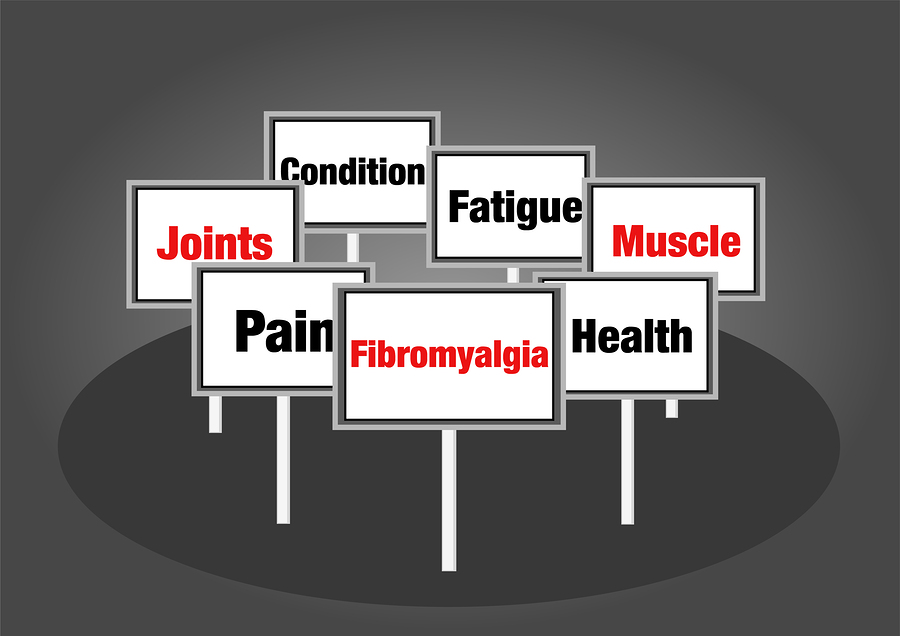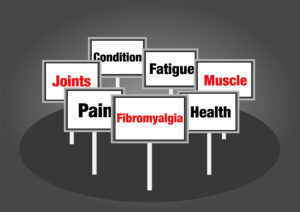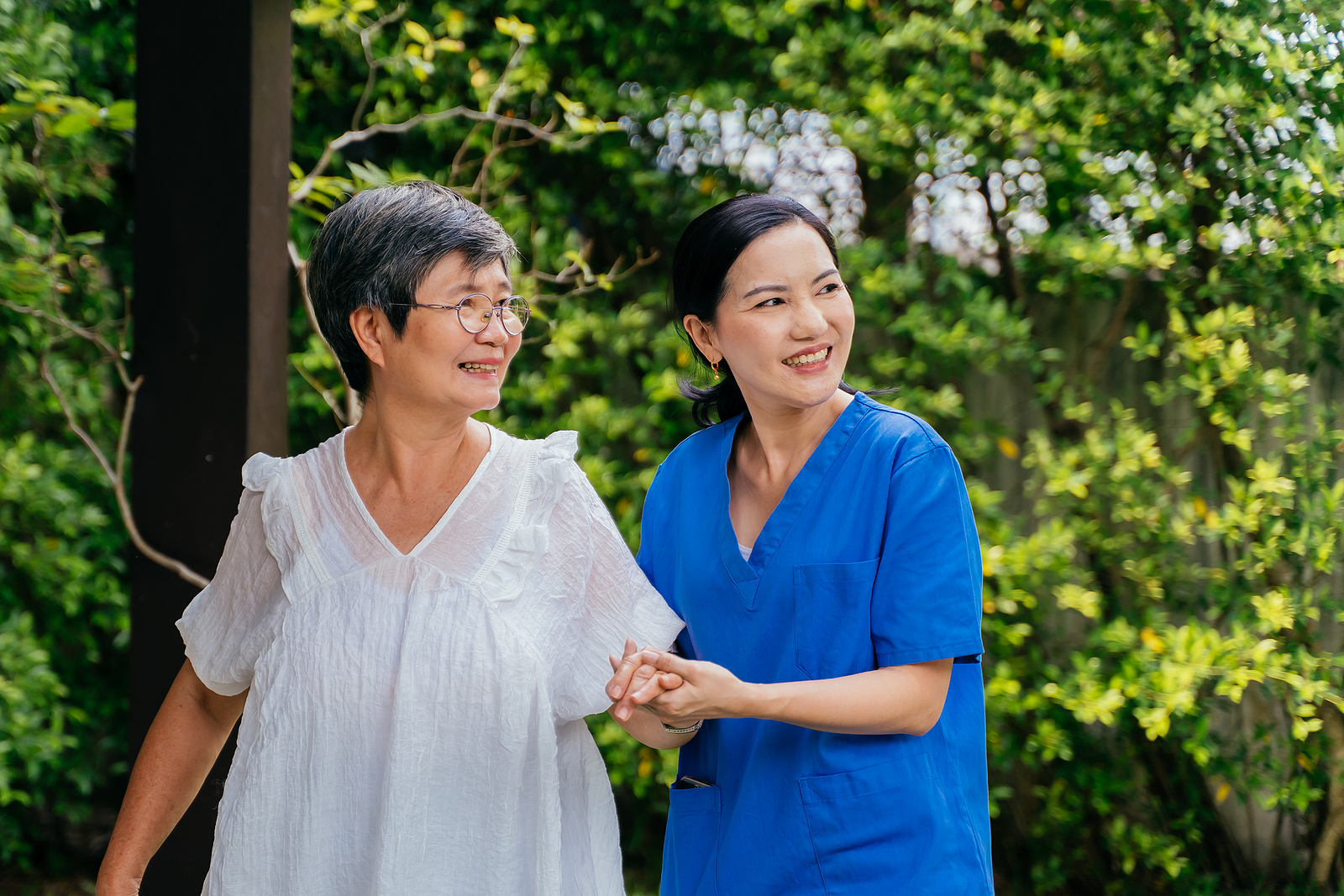
Could Your Loved One Have Fibromyalgia
A diagnosis of fibromyalgia is a fairly new condition in the medical world. It was first recognized by the American Medical Association in 1987 as a disease so many people still have not heard of it or understand it. Because of that, many older individuals have lived with this condition for years, not knowing what they have or how to manage it. Senior care aides can assist a loved one if they have been diagnosed.
Fibromyalgia Symptoms
Fibromyalgia is a condition that causes widespread pain that lasts for more than three months. The pain has to be on both sides of the body and on the top of the body as well as the bottom. Oftentimes, doctors will use tender touch points to determine how widespread the pain is.
It also has several other common symptoms:
- Consistent fatigue, yet an inability to sleep well. The sleep that does occur is often non-restorative, making the individual wake up just as tired as when they laid down
- Headaches
- Rashes and itching
- Dry eyes
- Pain in the lower abdomen
- Depression
- Brain Fog – a condition that causes bouts of an inability to concentrate, memory loss, and an overall fuzzy feeling in thought processing
For most individuals, physicians will work on ruling out all other diseases and once it’s determined that none of those are causing the symptoms, fibromyalgia may become the diagnosis. There are no tests currently that can lead to a diagnosis. Luckily, as more physicians understand how fibromyalgia affects patients, they can diagnose it and help their patients determine a plan for managing it.
Senior Care Helps Fibromyalgia Patients Live Independently
There is no cure for fibromyalgia. If your loved one has recently discovered they have it or if they’ve had it for decades and only just been diagnosed, they’ll need to move forward with advice and guidance from her doctor to manage their pain and their bad days. A lot of that management may rely on prescriptions but there will also be ways a senior care provider can help them as well so that they can continue to live independently.
Medication Management. Your loved one may receive prescriptions to help them manage the pain, help them sleep, and help their manage any depression or anxiety that often comes with fibromyalgia. It can be a lot to manage, especially if your loved one has other medications for other conditions. A senior care provider can help them manage what to take and when, as well as keep up on when refills are needed.
Exercise. Keeping active is an important step in managing fibromyalgia pain even though it may seem counterintuitive to get out and exercise when your loved one is feeling achy and fatigued. Movement helps the body to stay strong and have the stamina to work through painful days. It can also be a great mood booster, helping your loved one manage depression.

Senior Care Greenville SC – Could Your Loved One Have Fibromyalgia
Meal Prep. Eating well and avoiding trigger foods are important for managing the side effects of fibromyalgia. Your senior care provider can help your loved one follow the doctor’s recommended diet so that their body has what it needs to manage the condition. A senior care provider can also help when your loved one is too tired to cook, letting them rest while they provide a healthy meal.
Managing pain and fatigue can go a long way in helping your loved one live with their diagnosis.
https://www.news-medical.net/health/History-of-Fibromyalgia




